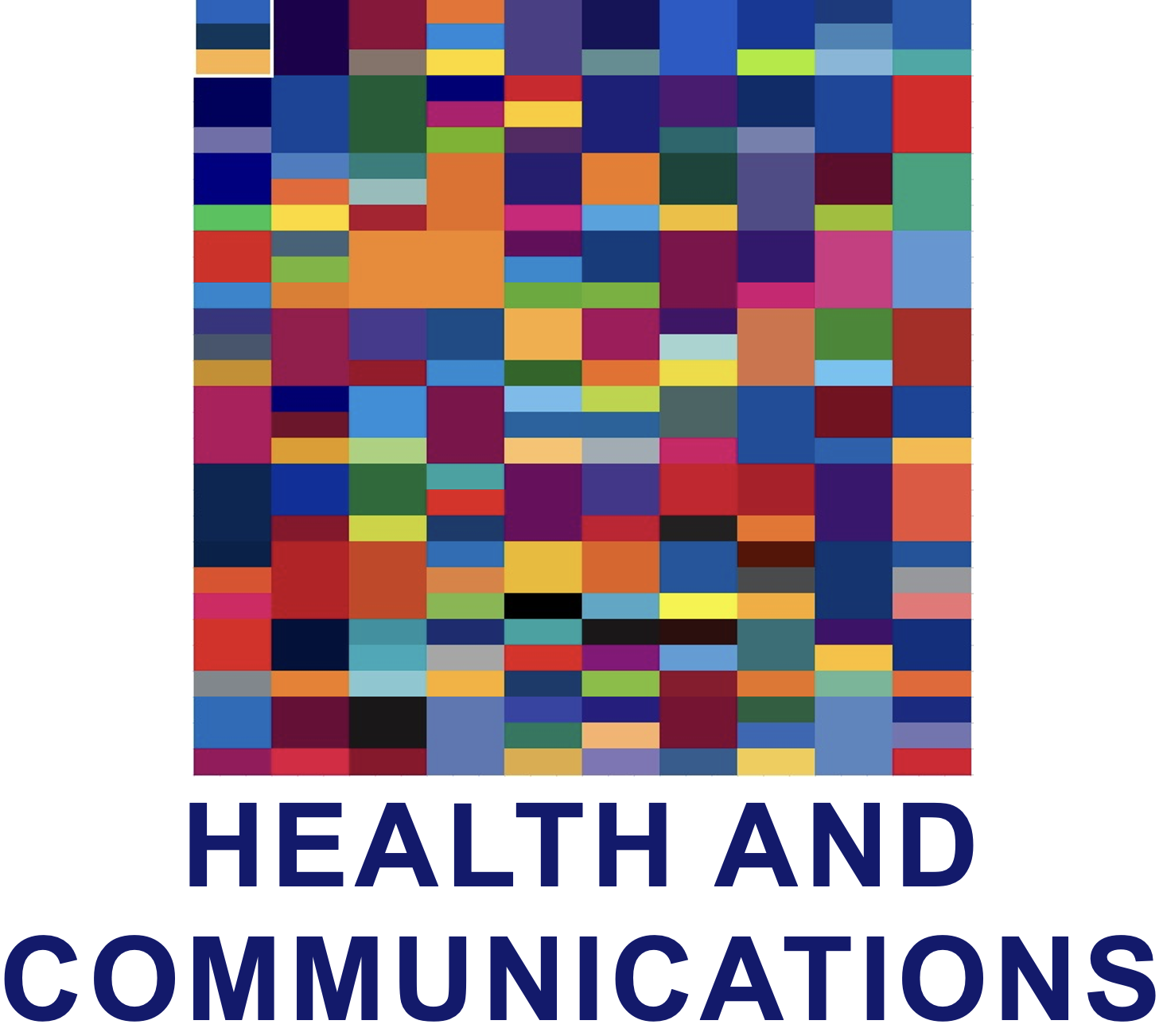Erasing the Stigma of Ebola by Image and Word
By Image
Dr. Andrew Dunn of Nottingham Trent University conducted a simple experiment with surprising results. Women were shown pictures of men wearing white t-shirts… some plain, some with a large, black capital “T” across the front, and some with the “T” inverted. The result: men with the upright “T” were judged about 10% more attractive and more healthy. Apparently, the “T” suggested an ideal body type to these women ––broad chest and narrow waist.
Advertisers have long known that simple, subliminal suggestions like these can significantly influence behavior. So could this approach be used to help fight the Ebola stigma that so many West Africans now face? Could an image on a t-shirt (or other piece of clothing) suggest qualities that would overcome a viewer’s aversion to Ebola survivors?
Of course the real heavy-lifting to erase this stigma is being done by UNICEF, WHO, MSF, and many others who, through widespread and sustained efforts at public education, are slowly transforming the perceptions of entire societies. In addition to those efforts, maybe we could find cultural references in Sierra Leone, Liberia, and Guinea, from their history or mythology, that would make the wearer seem super-humanly strong or resilient. What are their analogs to Hercules, to a Phoenix, or Paul Bunyan, or even Superman?
So maybe while more fundamental and costly changes in societal attitudes are slowly being adopted, a minimal investment in some imprinted t-shirts could contribute, even if marginally, to further reducing the stigma of Ebola.
By Word
Another proposal: use a word other than “survivor” to describing those who have acquired and then overcome Ebola. In English survivor can denote someone with an unbreakable will, but more often it describes someone who is alive or thriving simply by luck or chance. This highly passive usage paints these people as wholly without strength or agency. And that in turn feeds into the humiliation and stigma.
Similarly strong and positive words for “survivor” could be promoted in all of the other languages spoken throughout the area of the outbreaks. That wouldn't be easy --in Guinea alone there are eight official languages and more than 22 other languages spoken across the country-- but simply revising terminology would be another inexpensive way to, quite literally, change the conversation about Ebola.
Conclusion
Together, the right images and the right words, conveying strength and will, might contribute to erasing the stigma of Ebola. Maybe even by as much as 10%. All in all, those seem like experiments worth trying.


